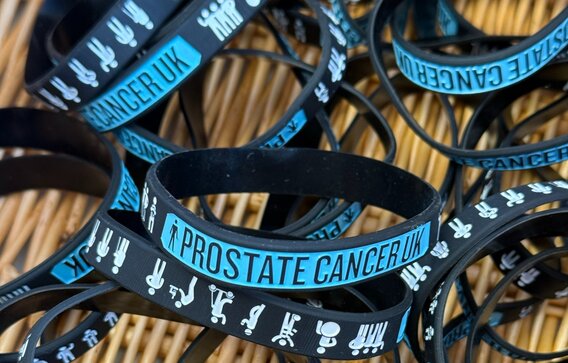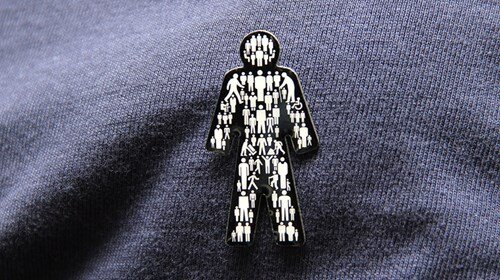Our Chosen Charity Partner
PROSTATE CANCER UK

At EWI Store, we believe in using our platform to make a difference — not just in the construction industry, but in the lives of the people around us. That’s why we’re proud to support Prostate Cancer UK, a charity dedicated to saving and improving the lives of men affected by prostate cancer.

Our partnership with Prostate Cancer UK reflects our shared values: commitment, care, and community. Through fundraising, awareness campaigns, and team-led initiatives, we’re helping to fund vital research, support families, and raise awareness about the importance of early diagnosis.

Prostate cancer is the most common cancer in men, yet it’s often not talked about enough. By standing with Prostate Cancer UK, we hope to encourage more open conversations, increase awareness, and help create a future where fewer families are impacted by this disease.

From fundraising matches to staff awareness days and sponsored events, our team gets stuck in with energy and passion. It’s not just about donations — it’s about showing up, speaking out, and making a lasting impact together.

We encourage our customers, partners, and community to join us in supporting this cause. Whether you're donating, taking part in a challenge, or simply starting a conversation — every action counts.
